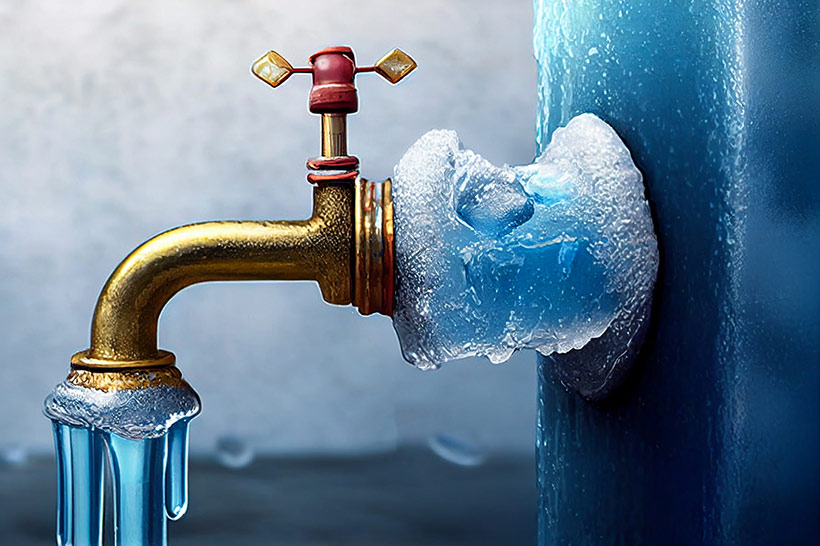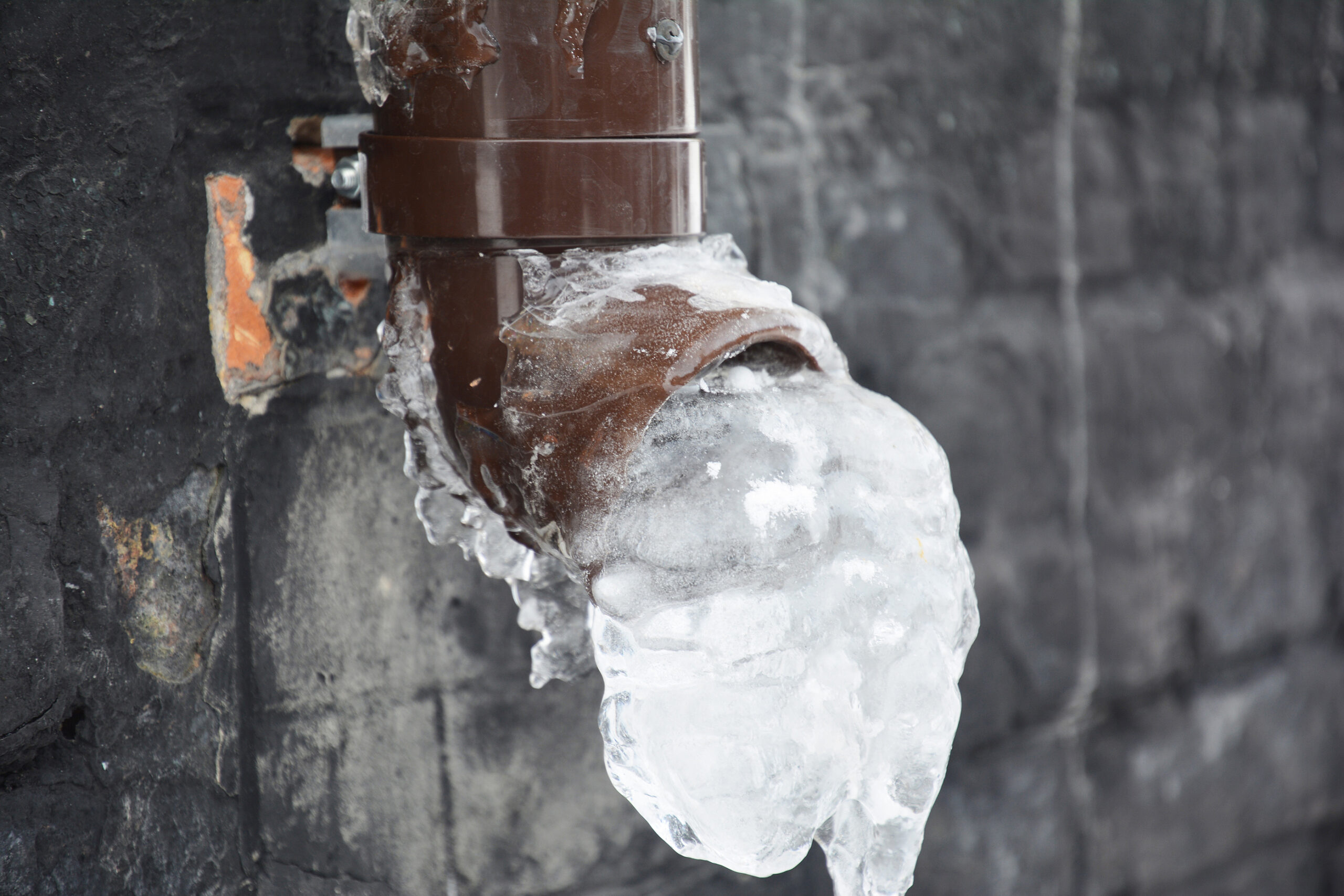Tips to Defend Pipes from Freezing: Professional Advice
Tips to Defend Pipes from Freezing: Professional Advice
Blog Article
The article down below about Helpful Tips to Prevent Frozen Pipes this Winter is extremely motivating. Give it a go and draw your own findings.

Winter can wreak havoc on your plumbing, especially by freezing pipes. Below's how to stop it from happening and what to do if it does.
Intro
As temperatures decrease, the risk of frozen pipelines rises, potentially leading to expensive repair services and water damage. Understanding just how to prevent icy pipes is vital for homeowners in cold environments.
Prevention Tips
Insulating susceptible pipelines
Cover pipes in insulation sleeves or utilize heat tape to safeguard them from freezing temperatures. Focus on pipes in unheated or exterior areas of the home.
Heating strategies
Keep interior areas effectively warmed, especially locations with plumbing. Open up closet doors to enable cozy air to flow around pipelines under sinks.
How to recognize frozen pipes
Search for decreased water flow from faucets, uncommon odors or noises from pipelines, and noticeable frost on exposed pipelines.
Long-Term Solutions
Structural modifications
Consider rerouting pipes far from outside wall surfaces or unheated areas. Add added insulation to attics, cellars, and crawl spaces.
Upgrading insulation
Purchase top notch insulation for pipelines, attics, and wall surfaces. Proper insulation aids keep constant temperatures and minimizes the threat of icy pipes.
Protecting Exterior Plumbing
Garden pipes and outdoor taps
Disconnect and drain garden hoses before winter season. Install frost-proof faucets or cover outside taps with insulated caps.
Understanding Frozen Pipes
What creates pipes to ice up?
Pipelines ice up when revealed to temperatures listed below 32 ° F (0 ° C) for extended durations. As water inside the pipes ices up, it broadens, putting pressure on the pipe wall surfaces and potentially causing them to burst.
Threats and problems
Frozen pipelines can result in supply of water disruptions, building damage, and pricey repair work. Ruptured pipelines can flooding homes and create considerable architectural damage.
Signs of Frozen Water Lines
Determining icy pipelines early can prevent them from breaking.
What to Do If Your Pipelines Freeze
Immediate actions to take
If you suspect icy pipelines, keep taps open to alleviate stress as the ice melts. Utilize a hairdryer or towels soaked in warm water to thaw pipes slowly.
Final thought
Avoiding icy pipes needs positive measures and fast reactions. By recognizing the reasons, indications, and preventive measures, house owners can shield their plumbing throughout winter.
6 Proven Ways to Prevent Frozen Pipes and Protect Your Home
Disconnect and Drain Garden Hoses
Before winter arrives, start by disconnecting your garden hoses and draining any remaining water. Close the shut-off valves that supply outdoor hose bibs and leave the outdoor faucet open to allow any residual water to drain. For extra protection, consider using faucet covers throughout the colder months. It’s also important to drain water from any sprinkler supply lines following the manufacturer’s directions.
Insulate Exposed Pipes
Insulating your pipes is an effective way to prevent freezing. Pipe insulation is readily available at home improvement stores and is relatively inexpensive. Pay close attention to pipes in unheated areas such as the attic, basement, crawl spaces, or garage. Apply foam insulation generously to create a buffer against the cold. You can also wrap your pipes in heat tape or thermostat-controlled heat cables for added warmth.
Seal Air Leaks
Inspect your home for any cracks or openings that could let in cold air. Seal any holes around the piping in interior or exterior walls, as well as the sill plates where your home rests on its foundation. Additionally, make sure to keep your garage door closed unless you’re entering or exiting. Leaving it open creates a significant air leak that can lead to frozen pipes.
Allow Warm Air Circulation
During cold snaps, it’s essential to allow warm air to circulate evenly throughout your home. Leave interior doors ajar to promote better airflow. Open kitchen and bathroom cabinets to help distribute heat consistently around the rooms. If you have small children or pets, be sure to remove any household chemicals or potentially harmful cleaners from open cabinets for safety.
Let Faucets Drip
A small trickle of water can make a big difference in preventing ice formation inside your pipes. When temperatures drop significantly, start a drip of water from all faucets served by exposed pipes. This continuous flow helps prevent the water from freezing. Additionally, running a few faucets slightly can relieve pressure inside the pipes, reducing the chances of a rupture if the water inside does freeze.
https://choateshvac.com/6-proven-ways-to-prevent-frozen-pipes-and-protect-your-home/

I was guided to that write-up about How to prepare your home plumbing for winter weather through a friend on our other domain. Those who enjoyed our blog posting plz remember to pass it around. Thank-you for taking the time to read it.
Suggested Site Report this page